Pencil Drawings of Famous Paintings
How to paint or draw hands
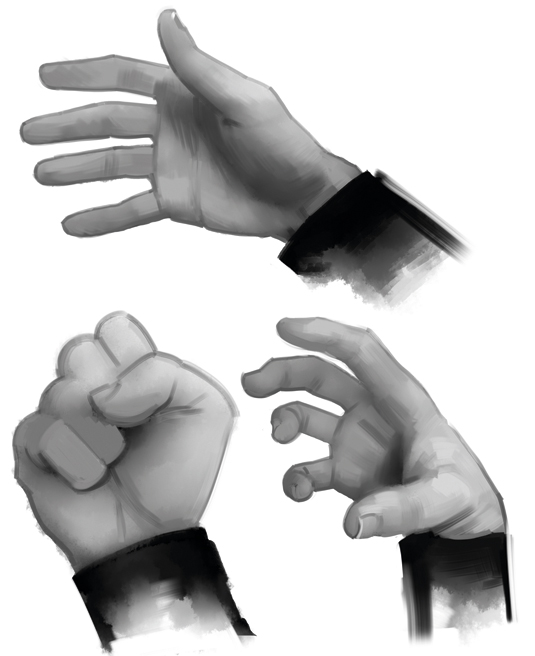
Hands are quite tricky to paint or draw, and painting them when you're a beginner can be an uphill struggle, to say the least.
The key to success is to learn about their real shape (anatomy), to learn how to construct them in a painting (perspective) and how to render them (this is basically practice, practice and more practice).
Buy or borrow a good anatomy book and study the bones and joints of the hand and forearm. Try to understand their shape and how they move.
Take some pictures of your hands and spend time drawing the bones over them – this will help you understand what's going on under the skin. Visualise the hands as simple three-dimensional shapes – such as boxes – to get the volume right.
Painting two-dimensional hands may be easier and be something you can get away with for now, but you'll have trouble painting them in perspective further on down the line. Put the groundwork in now, and reap the rewards later!
And finally, spend time observing hands: photos of hands, paintings of hands, or your own hands (or those of a friend) and try to paint them. Pay attention to the subtle shape of fingers (they're thicker on the joints and are oriented in different directions), the wrinkles on the skin and the position of the knuckles.
Fingers aren't sausages, so practise until you understand them inside and out – literally! It's the only way to become better at painting one of the human body's most complex elements.
01. Reference is not a bad word
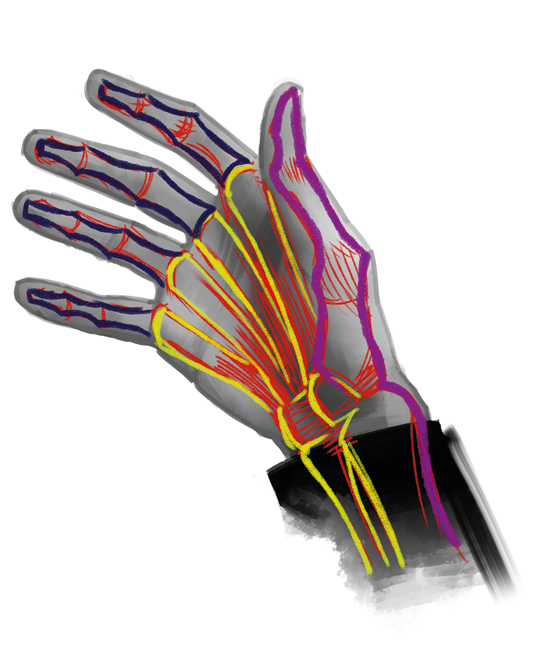
Painting the bones over a photo of a hand (or over a painted hand) is a good exercise that will help you to understand how a hand works, because not only do the fingers move, but the palm also has bones (the metacarpal bones) and joints (carpometacarpal joints), and it changes its shape according to the fingers' movements.
02. Take a new point of view
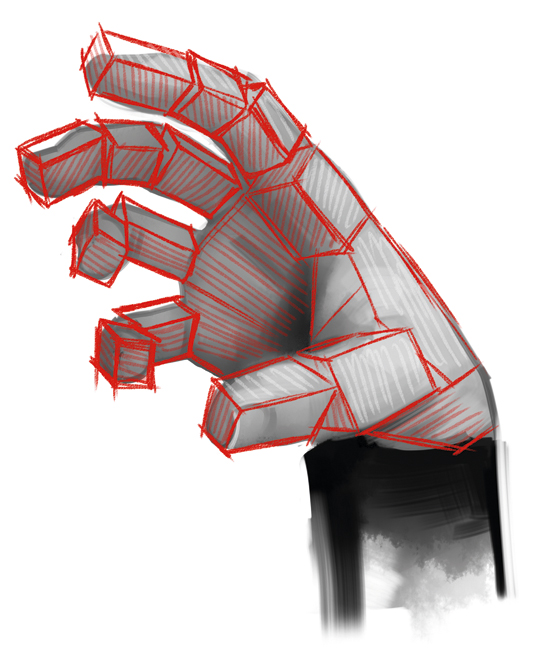
Hands are three-dimensional objects, so you should be able to paint them from every possible view. This will be difficult at first. But once you get some practice it becomes much, much easier.
Reducing the hands to simple three-dimensional objects is a good way to not only to sketch a hand, but also to understand the volume of a hand.
03. They're not just hands!
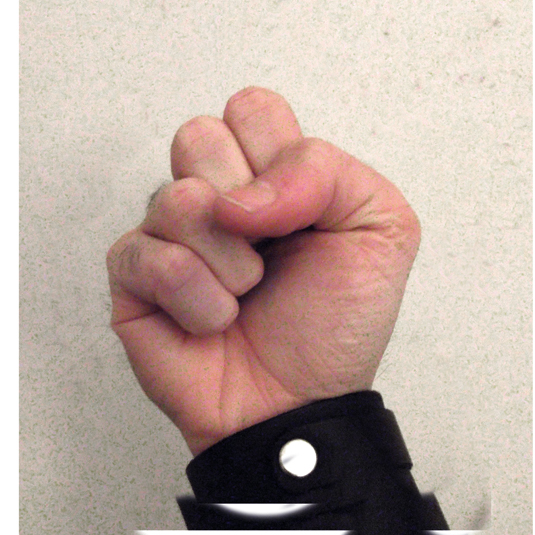
A hand is full of subtle details and all of them change with every hand movement. So observation and analysis are important to be able to depict a hand properly.
Because humans use hands to express themselves, a character with well-painted hands can greatly improve any illustration. Gather lots of references and study them closely.
04. Hands and characterisation
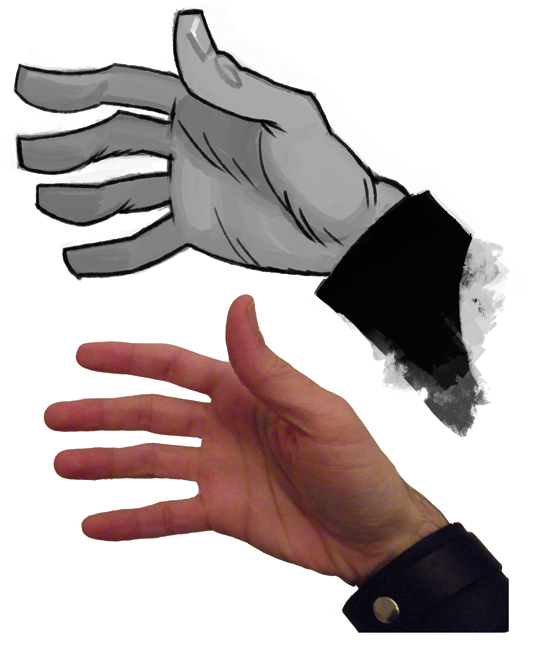
Even if you don't want to paint realistic hands and you want to develop a cartoony style, try to learn from real life using reference, and reinterpret the results. This is the best way to achieve an expressive and personal style.
Words: Paco Rico Torres
Paco is an illustrator living in Spain who's produced art for several card games, magazines, books and roleplaying games. This article originally appeared in ImagineFX magazine issue 107.
Like this? Read these:
- Free Photoshop actions to create stunning effects
- Illustrator tutorials: amazing ideas to try today!
- Great examples of doodle art
Related articles
Pencil Drawings of Famous Paintings
Source: https://www.creativebloq.com/2d/paint-or-draw-hands-121413733
0 Response to "Pencil Drawings of Famous Paintings"
Post a Comment